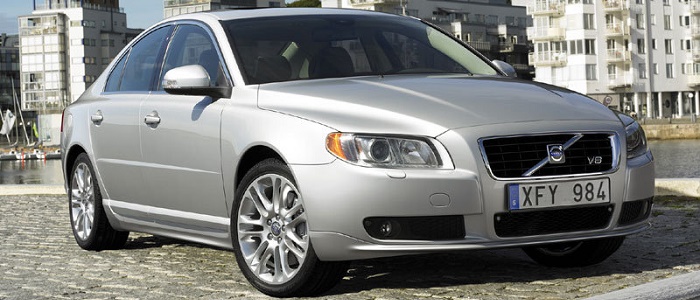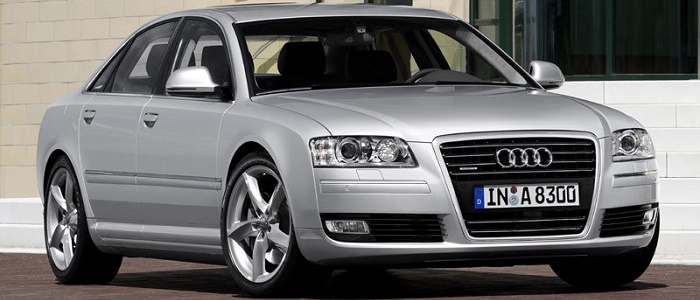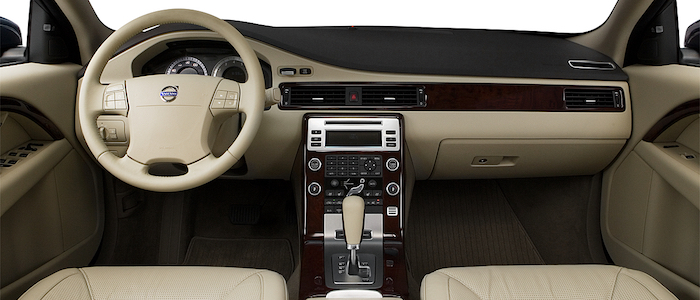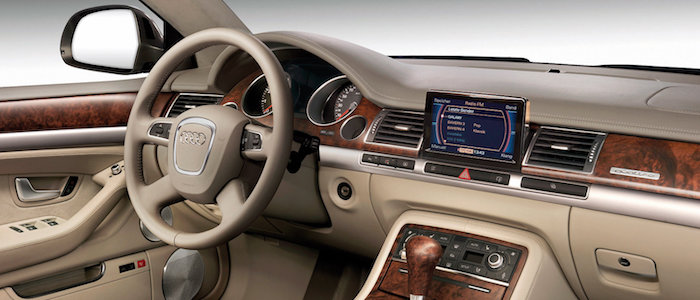Compare two cars
Compare any two cars and get our Virtual Adviser™ opinion
Marketing
Dimensons & Outlines
Engine
Performance (manual gearbox)
Performance (automatic gearbox)
Expenses
Virtual Adviser's™ opinion
We are here considering two somewhat similar cars, but we can't deny some of the obvious differences. For a start, they are not even classified under the same segment, with the Volvo being a luxury car and the Audi representing executive car vehicle class. Another thing to take into account here is the wheel drive. The first one makes use of a front wheel drive system, aiming at people who use their car mostly to get from A to B, remaining in control during the slipery conditions, whereas the second one transfers the power and torque to both the axels, making it perfect for those who plan to leave their safety zone and challenge the surfface, both in the terms of reduced grip and offroading.
SafetyUnfortunatelly, neither of the two vehicles was submitted to the European New Car Assessment Programme (Euro NCAP) testing. This makes it virtually impossible for me to pick one over the other and I'm generally against buying such cars as the safety should really always come first. Still, apart from the official crash test results there are other things we need to be aware of. The second vehicle is a executive car and that gives it a marginal advantage over the luxury car competitor, at least that's what statistics show. Furthermore, when it comes to weight, a factor that most people underestimate, the German car offers a considerable difference of 20% more metal.
ReliabilityManufacturers have been building their reliability reputation for decades now and, generally speaking, it appears that Volvo does have a slight advantage, at least on all of the models level. These are the official statistics, while our visitors describe reliability of Volvo with an average rating of 4.6, and models under the Audi badge with 4.2 out of 5. Some independent research have also placed S80 as average reliability-wise, and A8 is more or less at the same level.We should definitely mention that owners of cars with the same powertrain as the Swedish car rank it on average as 5.0, while the one under the competitor's bonnet gets 4.6 out of 5.
Performance & Fuel economyAudi is undoubtly more agile, reaching 100km/h in 1.7 seconds less than its competitor. In addition to that it accelerates all the way to 243 kilometers per hour, 28km/h more than the other car. When it comes to fuel economy an obvious choice would be the Swedish car, averaging around 6.3 liters of fuel per 100 kilometers (45 mpg), in combined cycle. That's 35% difference compared to the German car!
Verdict
Volvo appears just a bit more reliable, although the difference is truly marginal. The most important thing when deciding between any two vehicles should always be safety, both passive and active. In my opinion, everything taken into account, the German car offers much better overall protection, which launches it ahead of the other contender. It all continues in the same direction, with Audi being considerably quicker, thus putting more smile on driver's face. It does come at a cost though, and that's the fuel consumption... No mistake, whatever you decide here, but I'd still go for the Volvo. Nevertheless, let's not forget that people have different preferences and needs, so what really counts is your personal feel. I'm only here to help. Also, you could use the oportunity to find out which car, everything taken into account, would be the perfect choice for you in the eyes of the virtual adviser™, out of 12.000+ vehicles we currently have in our database.

































